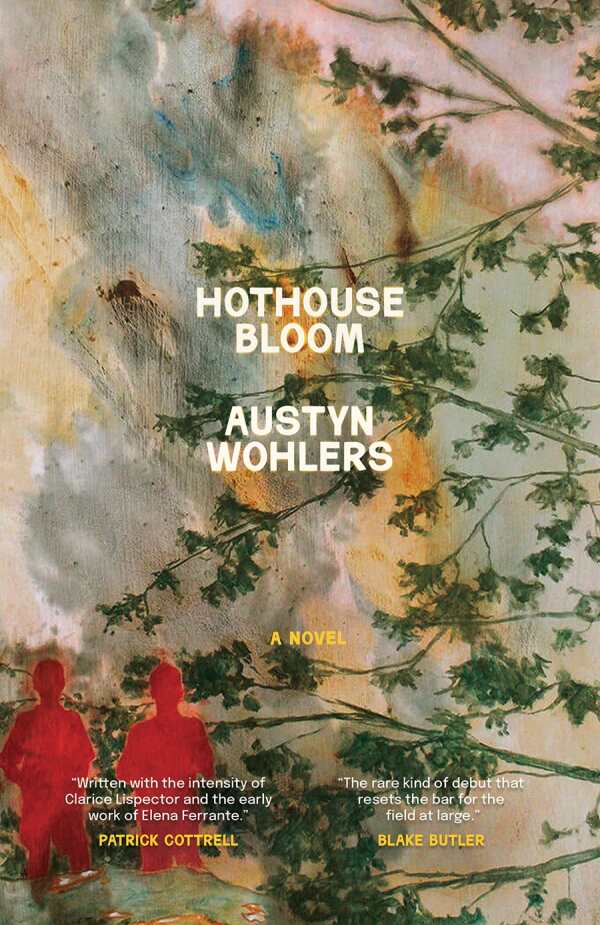Hothouse Bloom
In Austyn Wohlers’s emotive novel Hothouse Bloom, a woman steps away from human interactions to draw closer to nature, seeking healing.
Anna, a painter, inherits her grandfather’s orchard. Although it is a foreign space to her, she considers it a perfect place to reassess her own life, which has become painful. Upon her arrival on the estate, she dismisses the former caretaker, Gil, who wants to help her. She is insistent on running the place on her own, embracing the natural rhythms of the orchard and educating herself on growing apples and permaculture. The concept of an ecosystem feeding back into itself suits her well during her self-imposed seclusion. A surprise visit from her friend Jan upsets her delicate balance, though, forcing her to confront more worldly concerns, such as the orchard’s success or failure and her decision to retreat itself.
Anna’s ruminations, especially those concerning the “penance” she seeks, comprise a significant portion of the text. While she has mixed reactions to others, musing “People walk into my life based on sheer proximity…I have no say,” her intimate knowledge of ecosystems is conveyed in brilliant colors, befitting her artist’s perspective: “The dawn was dawning and its psychedelic colors were dyeing the fog: lilac, rose, tigerlily, marigold.” However, because Anna’s thoughts dominate, the complex inner states of others with vested interests in her story, including Jan and Gil, are underexplored. Further, the steady and measured pace of Anna’s healing process throughout the novel accelerates toward the book’s conclusion, which includes a surprising development.
In the reflective novel Hothouse Bloom, a woman seeks solace and an opportunity to recover amid the trees of a family orchard.
Reviewed by
Caroline Goldberg Igra
Disclosure: This article is not an endorsement, but a review. The publisher of this book provided free copies of the book to have their book reviewed by a professional reviewer. No fee was paid by the publisher for this review. Foreword Reviews only recommends books that we love. Foreword Magazine, Inc. is disclosing this in accordance with the Federal Trade Commission’s 16 CFR, Part 255.

